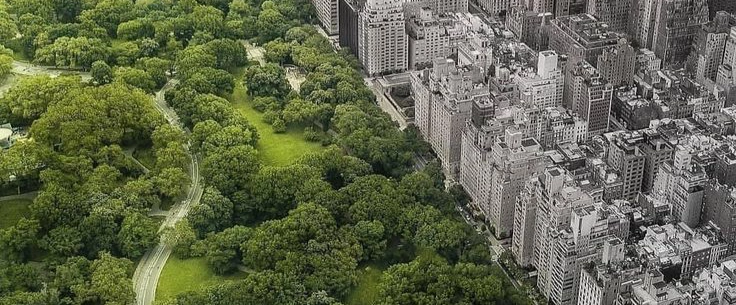Urban Ecology
Urban ecology is the science and practice of managing the interactions between urban environments and natural ecosystems. As urbanization accelerates, the ecological well-being of cities has become a key aspect of sustainable development. More than half of the world's population already lives in cities, and this figure continues to rise. However, rapid urban growth is often accompanied by worsening environmental conditions: air pollution, loss of green space, noise, urban heat islands, and overstretched infrastructure.
Green spaces — parks, gardens, urban forests — are vital components of urban ecosystems. They not only improve air quality but also enhance physical and mental health. Green areas reduce noise, regulate microclimates, absorb carbon dioxide, and provide habitats for urban biodiversity. Yet in many cities, green spaces are sacrificed for construction, leading to a decline in quality of life.

Urban ecology also encompasses waste management, transportation, water supply, energy efficiency, and climate adaptation. In this context, green technologies and smart city principles are increasingly important: solar panels, recycling systems, green roofs, bike infrastructure, and digital resource management. These solutions help make cities more livable, resilient, and efficient.
Public engagement is equally essential. Environmental education, volunteer initiatives, urban gardening, and protecting public spaces foster a culture of sustainability and shared responsibility. Urban ecology is not solely the responsibility of governments — it relies on the active participation of citizens. Collective action is the cornerstone of a greener and healthier urban future.

Close